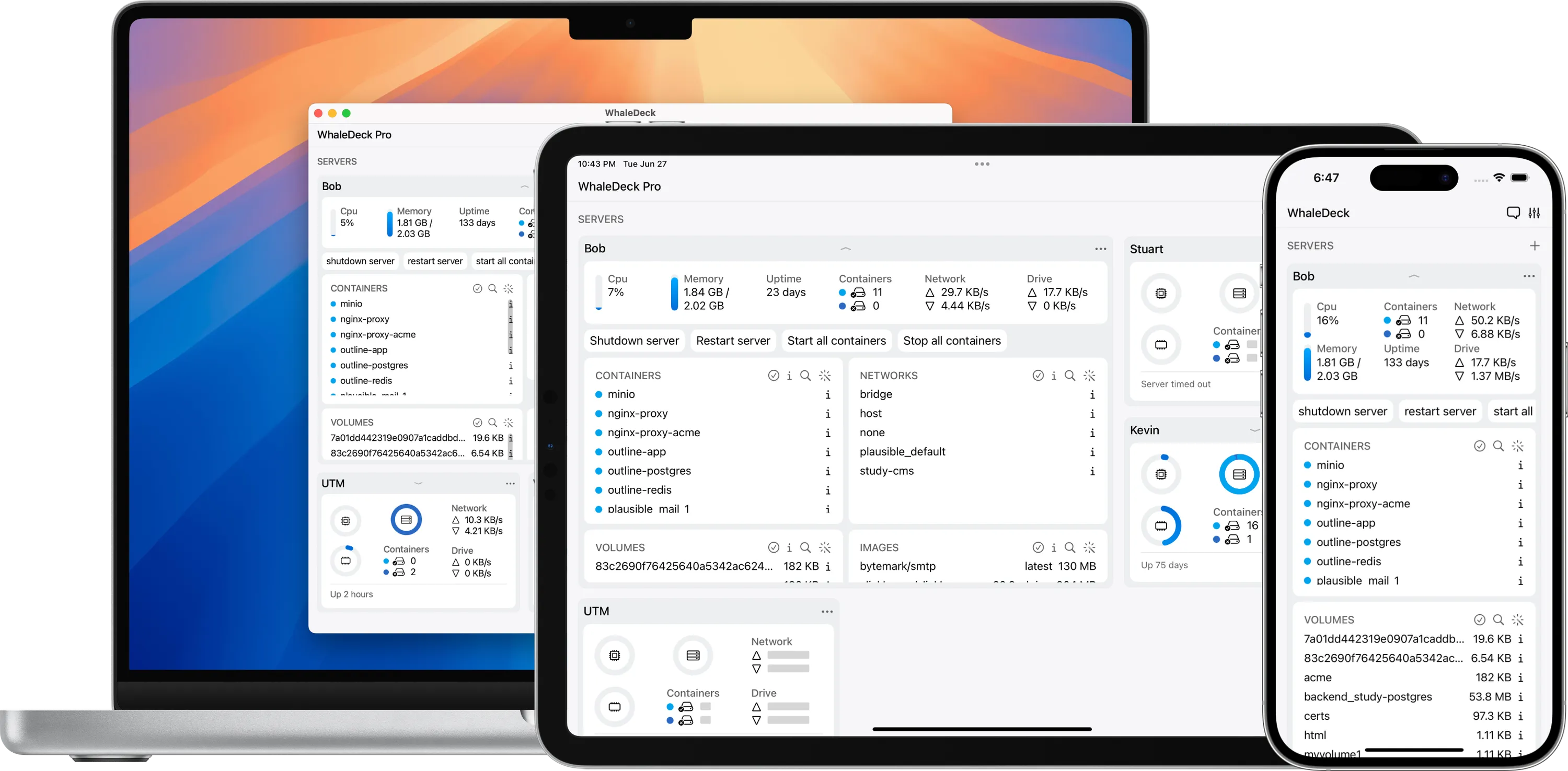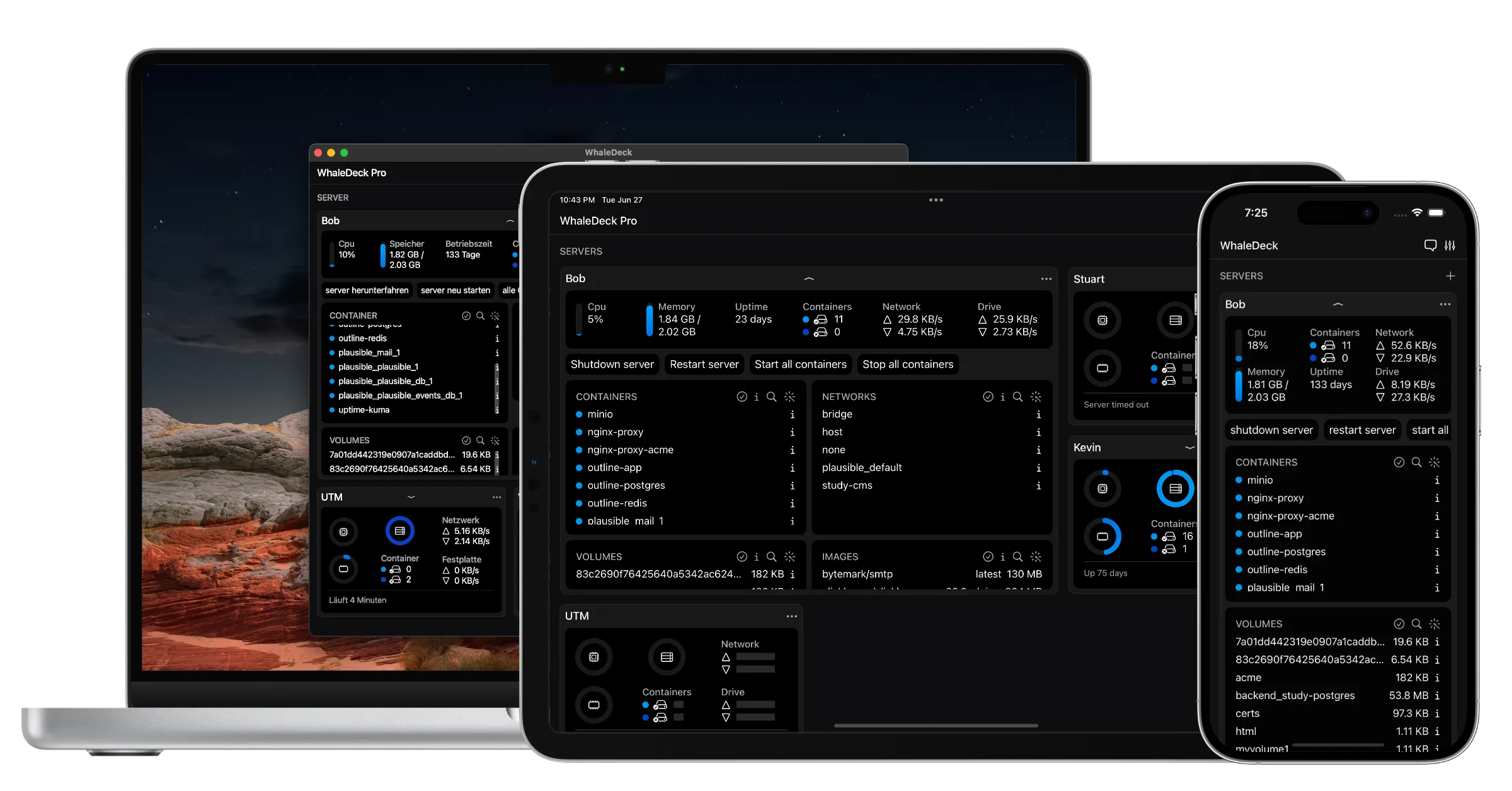How to pull a Docker image from Docker Hub in Python
Written byThis short blog post unfolds how to utilize the Docker API to pull a Docker image from Docker Hub in Python. Engaging with the Docker API is essential, especially when you're on the quest to automate tasks or gather crucial information from your Docker setup, which in turn, can form the basis for informed decision-making in your operations.
# Required library: docker
import docker
def main() -> None:
client = docker.from_env()
client.images.pull('repository_name', tag='tag')
print('Image pulled successfully')
The exploration into How to pull a Docker image from Docker Hub in Python using the Docker API as detailed in this article is just scratching the surface. There's a rich array of functionalities within the Docker API that can be combined with what you've learned here to develop robust automations, enhancing your overall workflows significantly. Whether it's managing containers, images, networks, or any other Docker resources, the programmatic control afforded by the Docker API is a powerful asset in optimizing your operations.
Moreover, the beauty of the Docker API extends beyond Python. It can be harnessed across many programming languages, thus broadening the scope of its applicability. This multi-language support not only augments the versatility of the Docker API but also presents developers with the flexibility to operate in a language they are proficient with, making it an inclusive tool for a diverse developer community.
So, as you delve deeper into Python, consider the myriad of other API functions that could be coupled with your current endeavor. This not only opens up a world of automation possibilities but also propels your operational efficiency to new heights. The road to streamlined and innovative Docker operations is paved with a deeper understanding and utilization of the Docker API, with each function explored bringing you a step closer to a more automated and efficient developmental environment.
Tired of scripting to monitor and manage your Docker setup? With WhaleDeck, enjoy a streamlined, code-free experience. Click to download for free or discover more about our features.

